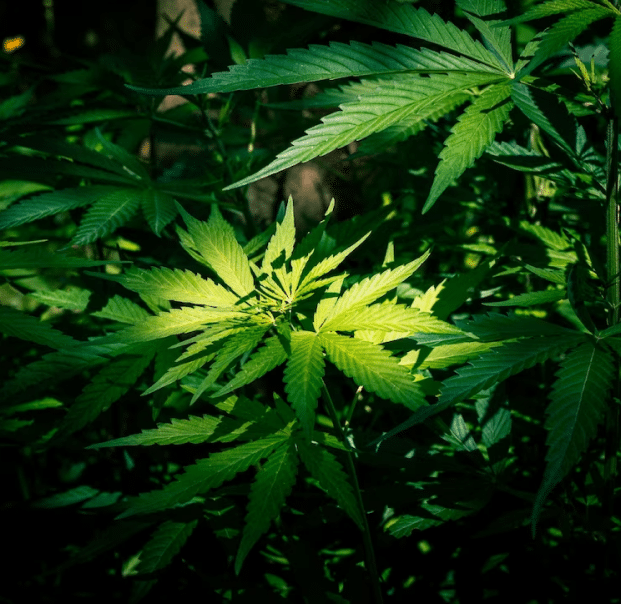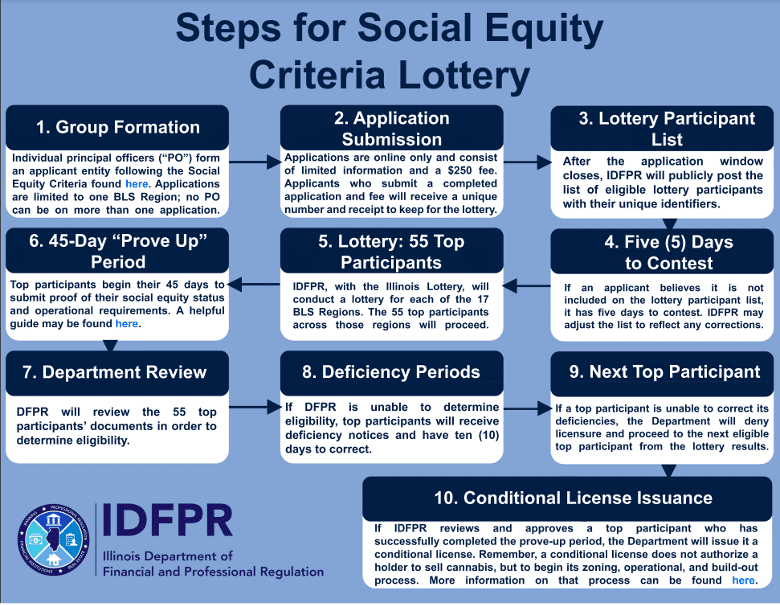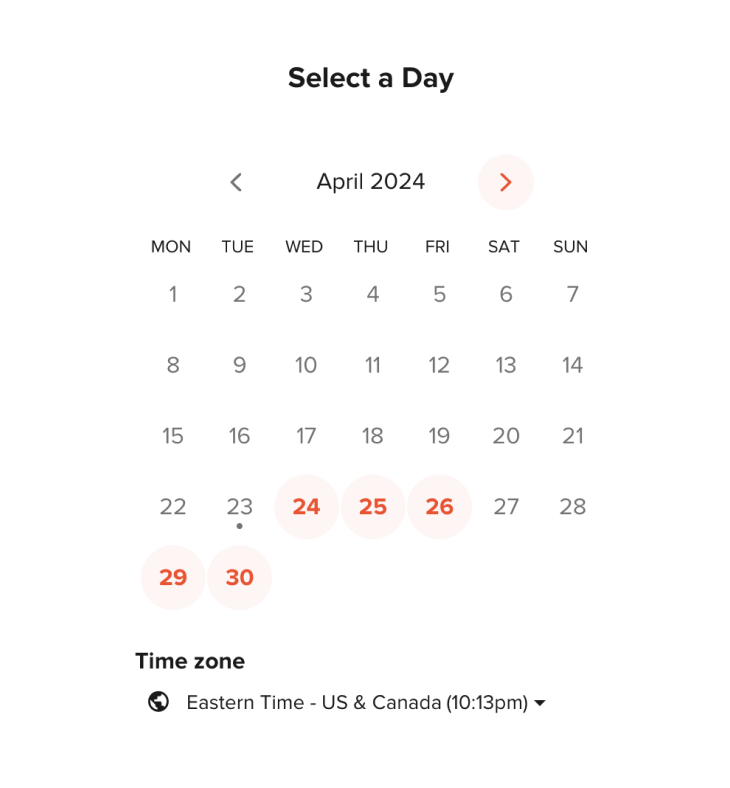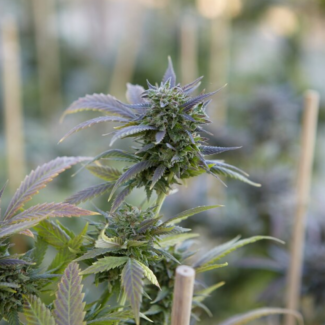How to Open a Dispensary in Illinois – 2025 Guide
This comprehensive guide outlines the essential steps and considerations for entrepreneurs looking to open a cannabis dispensary in Illinois. It covers the regulatory landscape, licensing processes, market trends, and financial planning, providing valuable insights into the cannabis industry’s growth and opportunities. Whether navigating application requirements or understanding the importance of social equity, this guide equips prospective dispensary owners with the knowledge needed to succeed in this evolving market.

Article Summary
With recreational cannabis now legal in Illinois, opening a dispensary is an exciting opportunity for entrepreneurs. But navigating the licensing process and legal requirements for a licensed dispensary can be complicated.
As you take the first steps toward launching your dispensary, understanding the regulations and running solid business operations go hand in hand. That’s where we come in to break it all down for you.
This step-by-step guide will walk you through everything from securing a license to opening your doors.
Overview of Cannabis in Illinois
Illinois has quickly become one of the most promising states for cannabis businesses, with a booming market and strong growth since legalizing both medical and recreational use, leading to an increase in cannabis retail licenses.
Here is a rundown of cannabis’s legalization journey in the Prairie State:
On June 25, 2019, Illinois became the 11th state to legalize recreational cannabis, and as of January 1, 2020, adults can legally consume, possess, and purchase cannabis products. The industry continues to expand, thanks to new dispensary licenses and the legalization of cannabis consumption lounges.
In July 2024, Illinois hit a major milestone—$1 billion in cannabis retail sales. That includes over $850 million from adult-use cannabis and nearly $150 million from medical sales. Even more impressive, the state reached this milestone two weeks faster than in 2023. Overall, total cannabis sales for the fiscal year topped $2 billion.
Current State of the Cannabis Market in Illinois
The Cannabis Regulation and Tax Act (CRTA) legalized recreational marijuana in Illinois. Since then, the market for cannabis products has been expanding steadily, influenced by evolving cannabis laws.
In the first month of legalization, Illinois recorded recreational cannabis sales worth nearly $39.3 million, excluding state government taxes. This number increased each month, resulting in total sales of $668.8 million by the end of the year.
The sales figures for recreational marijuana in 2021 more than doubled those of 2020, amounting to approximately $1.38 billion in total sales. Additionally, over 30 million items were sold in 2021, almost 110% higher than 2020’s 14.49 million.
Although 2022’s growth rate was slower than 2021, the Illinois market remained active, with a 12% increase in sales compared to 2021. In 2022, the state sold 36.43 million items, generating approximately $1.55 billion in sales.
December was the most popular month for adult-use cannabis product sales in Illinois. From 2020 to 2023, each year’s final month witnessed the highest number of items sold and the most significant sales total. These figures peaked in December 2023, with sales amounting to $153.9 million.
When it comes to specific cannabis products, a 2023 industry report on the Illinois cannabis market revealed pre-rolls as an area of opportunity in the state. Pre-rolls, which has been one of the fastest-growing categories in cannabis, have seen a 5.6% increase in sales in 2022.
Cannabis Social Equity Programs
Illinois is committed to fostering diversity and inclusion in the cannabis industry through its Cannabis Social Equity Program. Managed by the Department of Commerce and Economic Opportunity (DCEO), this initiative creates opportunities for individuals and communities affected by past cannabis-related arrests, helping them establish and grow businesses in the legal market.
To provide financial support, the DCEO launched the Social Equity Cannabis Loan Program, which helps qualifying individuals enter the industry. Additionally, the Restore, Reinvest, Renew (R3) Program allocates 25% of cannabis tax revenue to support communities impacted by economic disinvestment, violence, and the war on drugs, while also promoting better employment practices.
Types of Dispensary Licenses in Illinois
In Illinois, several types of dispensary licenses are available for businesses interested in operating a legal cannabis dispensary. The licenses are issued by the Illinois Department of Financial and Professional Regulation (IDFPR) and are divided into medical and adult use.
In Illinois, it is permitted to grow, process, and market cannabis for medical and recreational purposes. However, the state has a multifaceted regulatory framework, including local zoning regulations, and licensing system for companies operating in the cannabis industry.
All cannabis businesses involved in the supply chain, including cultivators and dispensaries, must obtain a license and are subject to continuous regulatory supervision and enforcement.
Conditional Adult-Use Dispensary License
The Conditional Adult-Use Dispensary License is available in Illinois for businesses interested in operating a legal adult-use cannabis dispensary. It is a provisional license that allows the holder to begin operating a dispensary while completing the licensing process.
The application process is similar to the standard adult-use dispensary license, and if approved, the holder can operate for 180 days while completing the final requirements. The conditional license will expire unless those requirements are met within the period.
Next Steps for Conditional Licensees
After being selected in the lottery for a conditional license, you cannot immediately start selling cannabis products. You must first obtain an Adult Use Dispensing Organization License (AUDO). The following steps outline the process for conditional licensees to acquire the full Adult Use Licensure.
- Identification of Physical Address
- Confirmation of Operation Within BLS Region
- Application for Principal Officers- Exhibit A
- Notice of Proper Zoning Form and Documentation – Exhibit B
- Submission of Floor Plan – Exhibit C
- Surety Bond or Escrow Account – Exhibit D
- Completion of Adult Use License Application
- Completion of Self-Inspection Form
- Scheduling of Final Inspection
- Submit Payment
- 365 Days to Identify a Location
Other Cannabis Business License Types in Illinois
In addition to dispensary licenses, several other types of licenses are available in the legal cannabis industry in Illinois. These include:
These licenses are processed and administered by the Illinois Division of Cannabis Regulation. Each type has its own set of requirements and regulations that must be followed to maintain compliance with Illinois state cannabis laws. The application process for these licenses is also highly competitive due to the limited number of licenses available.
Application Process for a Dispensary License in Illinois
When planning to open a dispensary in Illinois, you must know how to apply and how much it takes. Interested applicants must complete an extensive application process through the Illinois Department of Financial & Professional Regulation (IDFPR) to apply for a dispensary license in Illinois.
As of October 2023, the IDFPR is not accepting applications for new licensed medical cannabis dispensary sites. Regularly check the website for updates on when applications will be accepted again, especially for social equity applicants .
Meanwhile, here is an overview of the application process and requirements for getting an Adult Use Dispensing Organization License (AUDO) in Illinois.
Adult Use Dispensing Organization License (AUDO)
The Adult Use Dispensing Organization License (AUDO) is granted upon completion of the full application process, replacing the Conditional Adult-Use Dispensary License.
The process for obtaining this license in Illinois is more complex compared to other states.
As of March 2024, the IDFPR uses the Social Equity Criteria, a new application and lottery process designed to grant social equity licenses (Conditional Licenses) to 55 applicants. This process is purely done online via the IDFPR Online Service Portal. Below is the overview of the lottery application:

To learn more about the lottery process and how to meet each specific criterion, check out the IDFPR’s Social Equity Criteria Data Point Primer.
Understanding the Dispensary License Application Process
Here are some important things to keep in mind when applying for a license and starting your own cannabis dispensary in Illinois.
Timelines for Obtaining a License
Completing each aspect of the application process in full and submitting it is mandatory to have the application reviewed. Generally, the entire process takes around three months to conclude after submission. It is crucial to meet all deadlines throughout the process, as the IDFPR only entertains applications that meet deadlines.
Financing and Business Plan for a Cannabis Dispensary
The crucial step in getting a cannabis dispensary license is to develop a business plan, which will be used to secure the necessary financial resources. A solid business plan is one of the most essential tools in an entrepreneur’s toolkit. In general, your cannabis business plan should include the following:
- The physical location of your dispensary
- Funding plan, or the source of your startup and ongoing capital
- Sourcing plan for procuring cannabis products
- Revenue projections
- Estimate or actual number of employees
- Diversity and equity plans
- Marketing plan
- Safety and security plan
- Technology plan
- The insurance company you will be opting for
- Other relevant information you want to document
A well-crafted business plan is essential for the success of your business. It contains all the necessary information to present to potential investors and lenders, outlining the steps you will take to start and expand your business. Agencies like the Small Business Administration (SBA) can help you find funding sources from private companies or banks if you need help getting it.
Overall, while developing your business plan, ensure that you follow Illinois dispensary laws and do not include anything that goes against the rules and regulations.
Types of Financing Available
There are many financing options available to you. The best approach is to identify the funding sources that are most appropriate for your business and its objectives. Some of the different financing options you can consider are debt financing, equity financing, venture capital, commercial loans, and personal loans.
Risk Management Plan
Opening a dispensary in Illinois has some risks that should be considered. A well-developed risk management plan, including comprehensive security measures, can help mitigate these risks and ensure the dispensary succeeds. Here are some key elements that should be included in your risk management plan:
- Compliance Risks: Failing to comply with state and local regulations regarding the dispensary operation.
- Security Risks: Criminal activity such as robbery, theft, and other security threats.
- Operational Risks: Equipment failure, supply chain disruptions, and employee turnover can impact the dispensary’s operation.
- Health and Safety Risks: Health and safety hazards associated with cannabis products if not properly managed.
- Financial Risks: Vulnerability of the cash-based system to theft and fraud.
- Reputation Risks: Negative publicity damaging the dispensary’s image and bottom line.
Location Requirements for a Dispensary
Your dispensary’s location is critical to its success. Along with ensuring that your future location is in a spot accessible to your customers with ample foot traffic, you also have to make sure that your dispensary meets the following requirements:
- The location must have adequate space, lighting, electrical power, and parking.
- Sufficient space must be available for product handling and storage.
- The layout must promote cannabis dispensaries that are safe to use.
- It should be suitable for public access.
- There must be accessible parking spaces for people with disabilities and entry and exit lights.
- It must be in a properly zoned district and at least 1,500 feet from schools and daycare centers.
- The location should not be within 1,500 feet of another cannabis retail location.
Insurance Requirements for a Dispensary
Opening and running a dispensary comes with risks—think theft, property damage, product liability, or employee injuries. The right insurance coverage helps protect your business from financial setbacks, legal claims, and unexpected disruptions, so you can focus on growing your dispensary with peace of mind.
Types of Policies Required
- General Liability Insurance
- Product Liability Insurance
- Property Insurance
- Commercial Auto Insurance
- Workers’ Compensation Insurance
- Finished Stock Insurance
Costs Associated with Cannabis Business Insurance
The cost of business insurance for dispensaries varies based on several factors, such as:
- Minimum insurance requirements per state
- Size and scale of your business
- Types of policies required
- Coverage limits
- Number of cannabis licenses held
- Experience in the industry
- Past insurance claims made
Costs of Opening and Running a Dispensary
Here is an overview of the costs associated with opening a dispensary in Illinois:
- License and Permit: $60,000 for non-social equity applicants, $30,000 for social equity applicants
- Startup Costs: $75,000 to $180,000
- Ongoing Costs: $26,000 to $71,000
- Taxes and Fees: 10% to 30%
Your Dispensary Journey Starts Now
Opening a dispensary in Illinois requires navigating a complex landscape of regulations, financial planning, and operational logistics. From understanding the various license types to crafting a solid business plan, each step demands careful attention.
Entrepreneurs must be prepared to meet the requirements of both the IDFPR and the Cannabis Regulation and Tax Act (CRTA) to successfully launch their cannabis business. Additionally, considering social equity initiatives and securing the right financial resources are crucial components for those aiming to enter this competitive market.
Despite the challenges, the cannabis industry in Illinois continues to show immense growth, offering significant opportunities for new business owners.
So, what are you waiting for? Take the first step and start building your dream dispensary today! And if you need any help or guidance, contact us, and we’ll work it out together.
Frequently Asked Questions
What are the qualifications for a cannabis dispensary license?
To qualify for a license from the Illinois Department of Financial and Professional Regulation (IDFPR), applicants must meet several requirements, including:
- Be at least 21 years old and a resident of Illinois
- Pass a criminal background check
- Have a business plan outlining how they will operate a dispensary
- Have sufficient funds to operate the business
- Provide proof of financial responsibility
- Submit a non-refundable application fee of $5,000.
How much does it cost to open and run a dispensary?
The cost to open and run a dispensary varies based on several factors related to the business entity , such as location, size, insurance, licenses, permits, taxes, and ongoing costs.
The startup costs for a dispensary in Illinois can range from $75,000 to $180,000, with ongoing costs ranging from $26,000 to $71,000. Additionally, licensing and permit fees for cannabis infused product business can cost up to $60,000 for non-social equity applicants and $30,000 for social equity applicants.
What are the location requirements for a dispensary?
Dispensaries in Illinois must follow strict location requirements, including being at least 1,500 feet away from schools, daycares, and residential areas. Additionally, local zoning and land-use laws may impact the location of a dispensary.
What types of insurance policies are required for a dispensary?
The types of insurance policies required for a dispensary in Illinois include
- Surety bond: $50,000 for each cannabis business location
- General liability insurance
- Product liability insurance
- Property insurance
- Workers’ compensation insurance
- Commercial auto insurance (if you have business-owned vehicles)
How long does it take to obtain a dispensary license?
The timeframe for obtaining a dispensary license in Illinois can vary, but the IDFPR typically issues licenses on a rolling basis. The application process can take several months, including the payment of a licensing fee and once approved, it may take additional time to get the business up and running.
What are the regulations for advertising a dispensary?
Dispensaries in Illinois are subject to strict advertising regulations. Ads must be truthful and not misleading, and they cannot target individuals under the age of 21 or encourage excessive consumption of cannabis. Additionally, advertising is prohibited on specific media, such as billboards and radio and television broadcasts.
Can I have more than one dispensary location?
An individual or organization can apply for and operate up to 10 dispensary locations in Illinois, subject to specific state and local regulations and requirements.





